Date/Time
Date(s) - 28/09/2018 - 08/10/2018
All Day
Categories
Call for Papers: 2019 American Association of Geographers Conference, Washington D.C.
Organizers:
Joel E. Correia, University of Florida; Nicole Laliberté, University of Toronto, Mississauga; and Jean Carmalt, City University of New York.
What do human rights do? Towards critical geographies of human rights
Critical human geography has a longstanding concern for social and environmental justice, inequality, and the rights of both human and non-human actors. Since the adoption of the Universal Declaration of Human Rights in 1948, human rights have become a global discourse hegemonic in their circulation and practice (Speed and Solano 2008), drawing academics, activists, practitioners, and affected peoples into new relations (Keck and Sikkink 1998) with variegated spatial, temporal, and socio-political effects (Goodale 2009; Boyle 2017). Human rights open avenues of hope and political possibility for oppressed peoples (Cardenas 2011), (re)shape geopolitics and debates about state sovereignty (Kelly 2018), create liminal geographies and states of exception for the stateless (Agamben 1995; Pratt 2005), and expose limits of decolonization (Asad 2000; Spivak 2004; Cusicanqui 2010). Indeed, human rights are relations that are as much social and political as they are spatial.
Recent scholarship suggests that critical analysis of human rights law, discourse, rhetoric, and practice can provide new insights to conversations in geography involving issues of inequality and the construction of (in)justice and thus call for critical geographers to explicitly engage the practice, study, and theorization of human rights (Laliberté 2015; Carmalt 2017). We therefore seek theoretically rigorous, empirically grounded papers that advance critical geographies of human rights through attention to spatialities of power, scalar relations, political contestation, and/or hope. We invite papers that engage with human rights from a variety of critical theoretical and methodological approaches that address one or more of the questions listed below. The questions serve as a framework for engagement but do not delimit the range of topics that prospective papers can address.
- Following Talal Asad’s (2000) poignant critique: “What do human rights do?”
- Why should we strive for a critical geography of human rights?
- How are human rights geographically constituted and expressed?
- How do critical geographies of human rights reconcile with the gendered, racialized, colonial, and classist power relations of putting universal human rights into practice?
- What methodological approaches can critical human geography offer to the study of human rights practice?
- Universal human rights and cultural relativism have long been in a tense relation. What do critical human geography approaches bring to these debates and how do they change them?
Interested participants should send abstracts of 200-250 words by 8 October 2018. The session organizers will then review submissions and inform selected participants by 15 October 2018. Please send your abstracts and/or questions to Joel Correia: joel.correia@latam.ufl.edu
